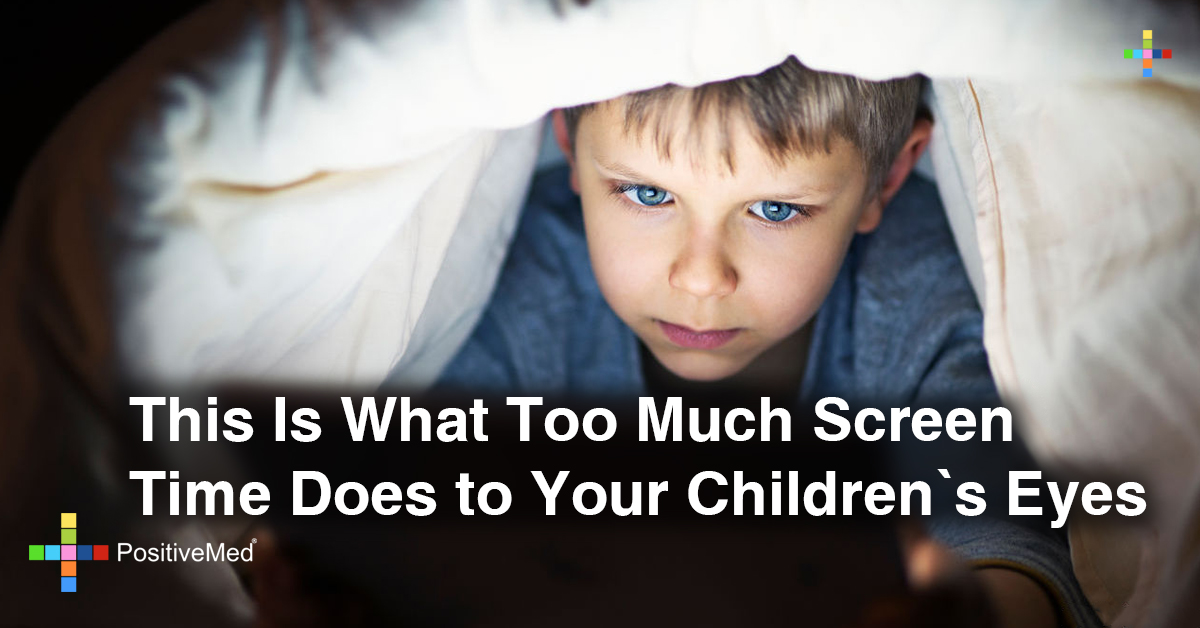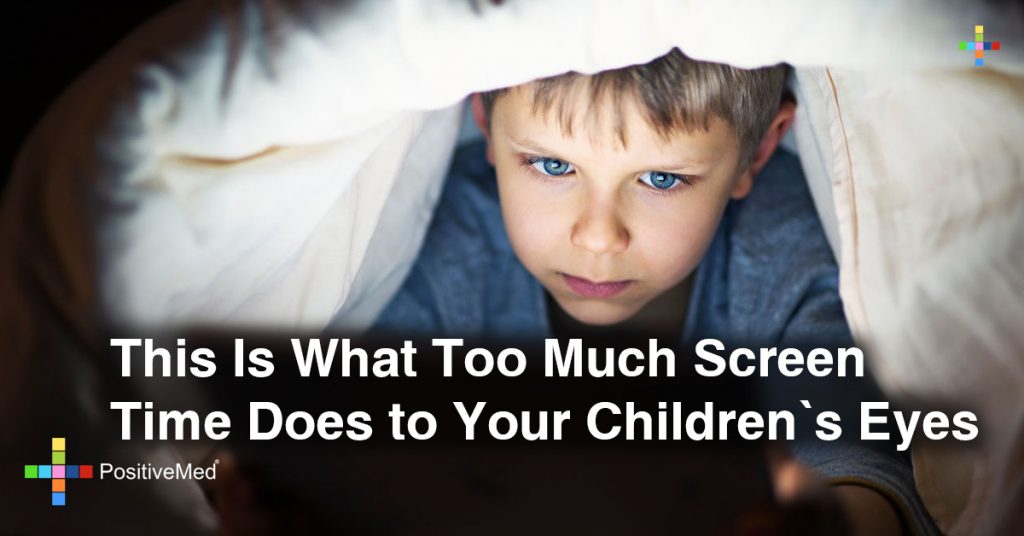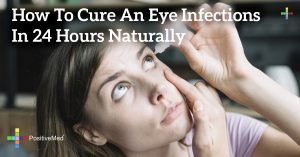Screen time from digital devices has an effect on your children eyes. Yes, there is a potential for eye damage. Let’s be realistic, however. Blue light is found just about everywhere, including flat-screen TVs and LED lighting, Then, there are the screens of smartphones, computers and electronic notebooks. It’s hard to avoid the blue in this technological day and age.

It’s not anyone’s fault because the human eye is not very adept at blocking blue light. In other words, this light penetrates all the way to the retina. Eyecare experts believe that too much screen time at an early age may later trigger the development of macular degeneration. The condition can result in blurred vision or vision loss.
Another issue that can affect young eyes is the eye strain caused by blue light. Looking at a digital screen for more than two hours can cause the symptom to develop. Not only is there strain on children eyes but also headaches and even fatigue.
Ophthalmologists believe that most of the time, eye strain or retinal stress is only a temporary condition. For some kids with genetic disorders, however, the issue can create persistent symptoms.
Even sleep is diminished when children are spending too much time on the digital screen. Harvard researchers studied the effects of blue light on sleeping patterns. It was discovered that the light messes with the circadian rhythm. In other words, the body’s natural sleep/wake cycle becomes compromised.
Blue light is so powerful that your child’s sleep could be disrupted for an entire three hours. The light keeps your kids wide awake or wired. Sleep deprivation can cause problems in learning. For example, students can develop attention issues and aggressiveness. Not getting enough sleep can reduce their ability to solve problems.
So what’s a parent to do to help protect their children eyes?
The American Academy of Pediatrics has some suggestions. One piece of advice is to set limits on screen time. There should be a balance, and digital devices should be unplugged.
Encourage young children, especially, to enjoy playtime offline. Running around outdoors, or making something creative should be a priority.
These experts recommend limiting screen use for kids ages two to five, to just one hour.
As far as teenagers, some psychologists believe they are getting too much digital time. It is recommended that teens only get two hours of recreational screen use a day. That’s not always an easy rule to demand at home. For teens, online adolescent relationships are normal and part of their development. Social media can be of great value to young people. The blue light, however, isn’t healthy in high doses.
Your family’s eye doctor can help you protect the eyes of your kids. For example, there’s eyewear made for computer screens. These glasses help reduce blue light exposure.
You can also buy special filters for your children’s electronic devices. The filters cut down the amount of blue light emitted from the screens.






